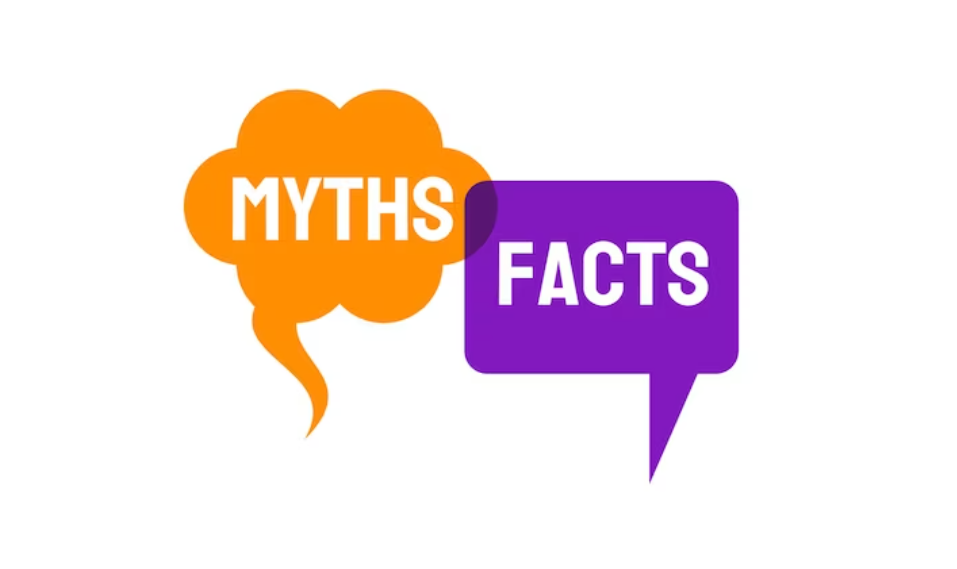Depression is one of the most common mental health issues, yet it often goes overlooked and underestimated. According to the World Health Organization, depression affects over 300 million people globally. It is the leading cause of disability worldwide and contributes significantly to the burden of suicide and heart disease.
Despite its prevalence and serious implications, depression is surrounded by stigma and misconceptions. Many people view it merely as temporary sadness or weakness, but this simplistic understanding can prevent people from seeking help and receiving adequate care. Challenging the myths and misunderstandings around depression is crucial to improving awareness and support.

Myth: Depression is a normal part of life. Everyone feels down sometimes.
Fact: While it’s normal to occasionally feel sad or down, clinical depression is more than ordinary mood fluctuations. It is a serious medical condition characterized by persistent and intense feelings of sadness, hopelessness, and worthlessness that last for weeks or longer.
Myth: Depression is a sign of weakness. People should be able to snap out of it.
Fact: Depression results from complex factors including genetics, brain chemistry, stress, and trauma. It does not reflect weakness of character or willpower. Depressed individuals cannot simply “snap out of it” through willpower alone. Depression requires professional treatment, just like any other medical illness.
Myth: Talking about depression encourages it or makes it worse.
Fact: On the contrary, speaking openly about depression promotes awareness and helps reduce stigma. The more we talk about it and understand it as an illness, not a personal failing, the more people will seek help and support. Suppressing discussions around mental health can worsen feelings of isolation and discourage treatment.
While we have made progress, misconceptions about depression persist. Challenging the stigma and advocating for greater public awareness remains critical. If you or someone you know is struggling with depression, speak up and reach out. Help and hope are available.
